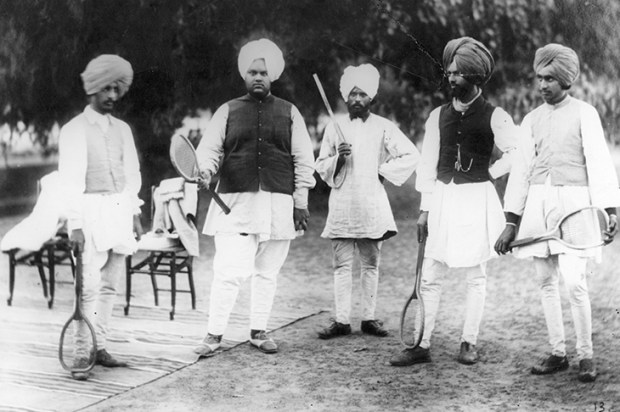In the Weekend Australian I read a review of a book about AI and its disastrous impact on undergraduate student essay writing. The review largely approved of the book, but towards the end the reviewer wrote this: ‘A quibble: throughout the book, he splits more infinitives than Abraham Lincoln split logs. Is a writer of books on writing permitted such literary slovenliness?’
No, no, no. Splitting the infinitive is not literary slovenliness. It’s not even wrong. Yes, I know a lot of grammar books over the years have fulminated about this and told us never to split the infinitive. But they were wrong. I shall explain. You know what ‘splitting the infinitive’ means – the infinitive form of any verb is the form that has the preposition ‘to’ in front of it. So the infinitive form of the walking verb is ‘to walk’. Now the old grammar books said you should never place a word (such as the adverb ‘slowly’) in between the ‘to’ and its verb, as in ‘to slowly walk’. That’s splitting the infinitive. When Star Trek says its mission is ‘to boldly go’ it is splitting the infinitive, by putting ‘boldly’ between the ‘to’ and the verb. Now, here’s the point – it is not grammatically wrong to split the infinitive. There is no such grammatical rule.
So, how did the obsession about ‘splitting the infinitive’ arise? From Latin. The earliest English grammars (and, in fact, most English grammars, for many years) were based on Latin grammar. Since no one had any idea about what English grammar should be, the school masters just decided to apply the rules of Latin to English. And in Latin you can’t split the infinitive form of the verb, because it is just one word. So (sometime in the 1800s) it was decided to apply this to English. And it doesn’t apply.
Shakespeare, Milton and countless others have split the infinitive to their heart’s content. You can do the same. Sometimes it is inelegant to split the infinitive – in that case, don’t. But more often it is awkward to move the adverb just to avoid splitting the infinitive – and it doesn’t need to move. On this subject you can divide people into three groups: (1) those who have no idea what an infinitive – split or otherwise – is, and who don’t care; (2) those who understand and froth at the mouth when anyone breaks the rules of Latin in writing English; (3) those who understand, and exercise care so as not to write inelegantly or awkwardly. Is that now clear?
Got something to add? Join the discussion and comment below.
Contact Kel at ozwords.com.au
You might disagree with half of it, but you’ll enjoy reading all of it. Try your first month for free, then just $2 a week for the remainder of your first year.













